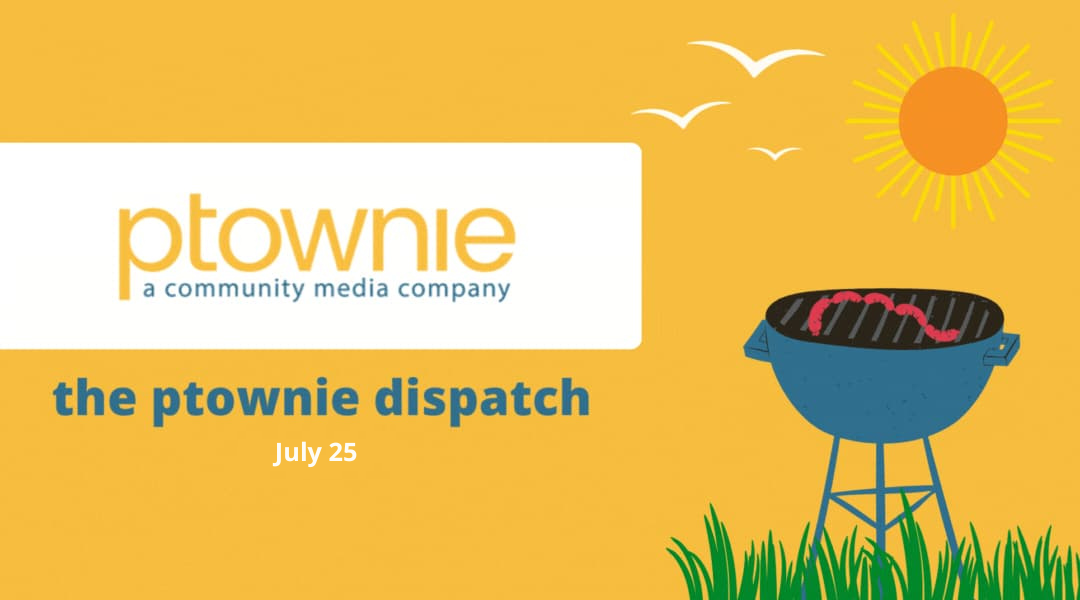
Meeting the Rural Challenge: Helping Our Women
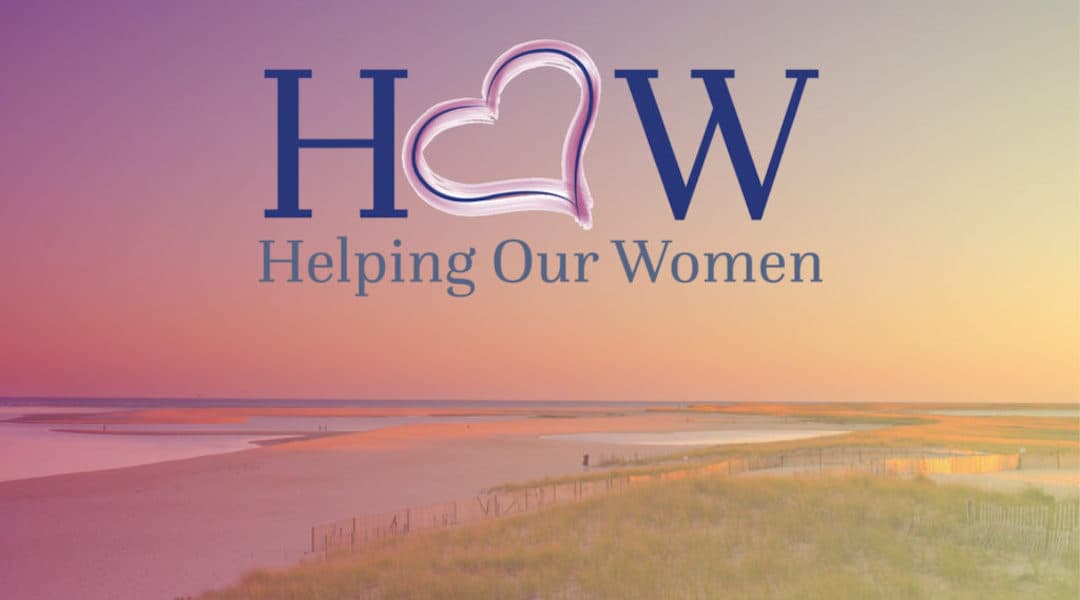
In 1993, with the Provincetown AIDS Support Group up and running, a group of people—many of whom were involved with the support group—rallied around a local resident diagnosed with breast cancer and saw there was a fulltime gap in supporting women in town needing access to healthcare and more. They created Helping Our Women.
The organization’s first executive director, Irene Rabinowitz, recognized Provincetown’s unique geographical location and isolation—the town is farther from a hospital than any other town in Massachusetts—and that recognition drives a great deal of what they do today. “I’m trying to raise awareness that the three Outer Cape towns are considered rural by the federal government, and Eastham comes in under the state designation for rural,” says Gwynne Guzzeau, the current executive director. “We’re serving people who are geographically isolated.” That isolation not only brings its own unique challenges, it means that accessing healthcare can be difficult-to-impossible and participation in potentially life-giving clinical trials is badly affected.
Any woman with a serious health condition can become a member of HOW. “It’s a community of members,” explains Guzzeau. “Some donate, some receive, some volunteer—what I love about this organization is that it’s an organization of peer support. We’re all just one diagnosis away from needing the service.”
The agency provides transportation services for healthcare appointments in Orleans and Hyannis. While some of the other services primarily serve low-income community members, the transportation program sees women from all economic backgrounds. And it’s not just about the ride; it’s even more about having an “increased sense of wellbeing,” says Guzzeau, “because of the social connection. The loneliness epidemic is everywhere.”
HOW works in partnership with other local organizations so that services aren’t duplicated. It runs a small pantry but without fresh produce, available locally through the Crop Swap. And the diversity of its primary population has inspired the agency to “keep cultural competence,” says Guzzeau. “One small thing we’ve done in the pantry is to purchase Jamaican food products; the next step will be Latinx foods.” The agency partners with other local nonprofits such as Outer Cape Health Services, the Homeless Prevention Council, the Cape Cod Children’s Place, the ASGCC, the family pantry in Harwich, and others.
The organization offers monthly stipends of $65 for everything from acupuncture treatments to help with utility bills and food cards; emergency financial assistance; social support programming (walks in Beech Forest, hosting drum circles, a resource center that’s open to all); and—addressing the still-ongoing digital divide—access to the Internet through a free tablet program for participants.
One of the first things one notices is the breadth of client-member participation in HOW’s services. “Everyone has a different story,” says Guzzeau. “At any given time you might find someone in the office using the copy machine, someone accessing the pantry, two members chatting about life… it’s definitely not one-size-fits-all.”
And despite the name, men are far from absent from the agency. “One of the most important men supporting HOW is Joachim Sandbichler who, with Miss Richfield and a handful of other local men, has hosted the Drag Brunch fundraiser for the past 17-18 years, raising a record-breaking hundred thousand dollars last year alone,” she adds. “When he’s asked why he does this, Joachim talks about his earliest visits to Ptown and seeing first-hand how the women in town were caring for these men when no one else would.”
HOW’s mission reflects not only its roots but its future. “We really are about social support programming,” says Guzzeau. “We’re always trying to find new ways to increase members’ sense of wellbeing in a community where the loneliness epidemic is everywhere. When Covid came, it highlighted the health risks of isolation, and we’re spending time looking at how we’re living with the consequences of that loneliness, what we can do about isolation.”
The care and concern Sandbichler noted has now come full-circle, and Helping Our Women serves the Outer Cape as an enthusiastic and valuable reflection of Provincetown’s generosity—and community.
More Recent Provincetown News


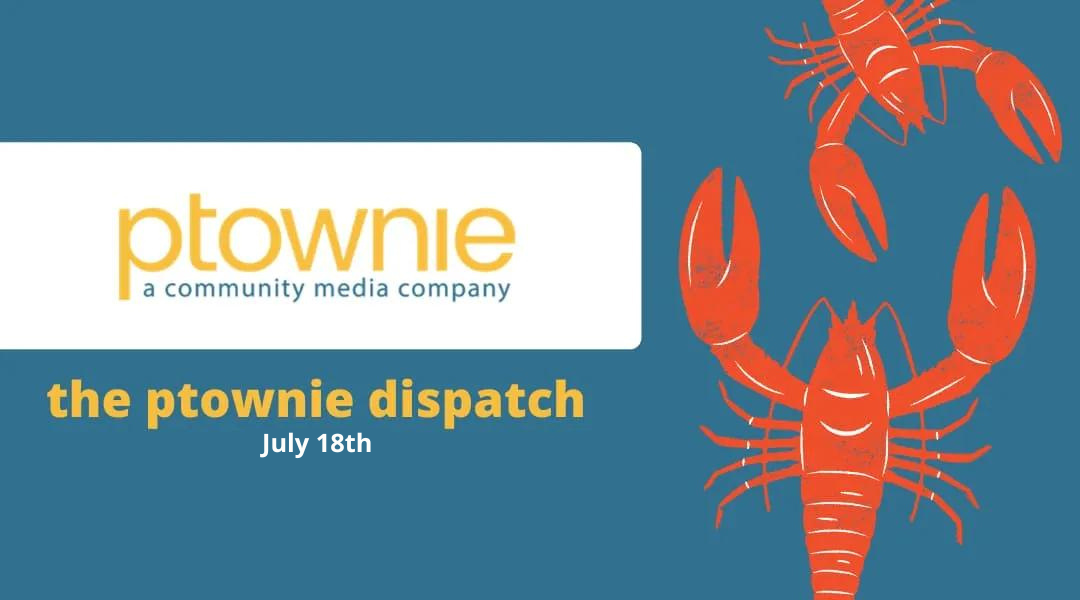

 Accommodations
Accommodations  Art
Art 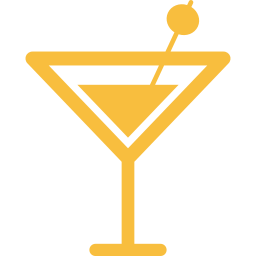 Bars
Bars  Books
Books  Entertainment
Entertainment  Events
Events  Featured
Featured  Guides
Guides  History
History  Literary stuff
Literary stuff  Most Popular
Most Popular  Provincetown News
Provincetown News 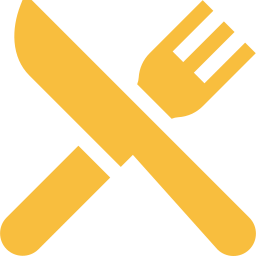 Restaurants
Restaurants  Reviews
Reviews  Shopping
Shopping  Theatre
Theatre  Uncategorized
Uncategorized  Weed
Weed